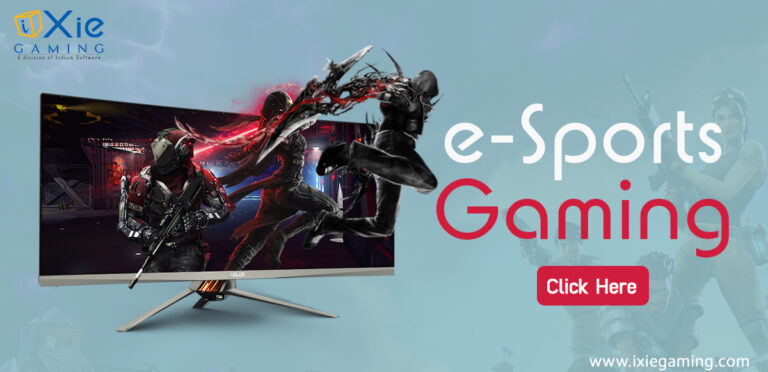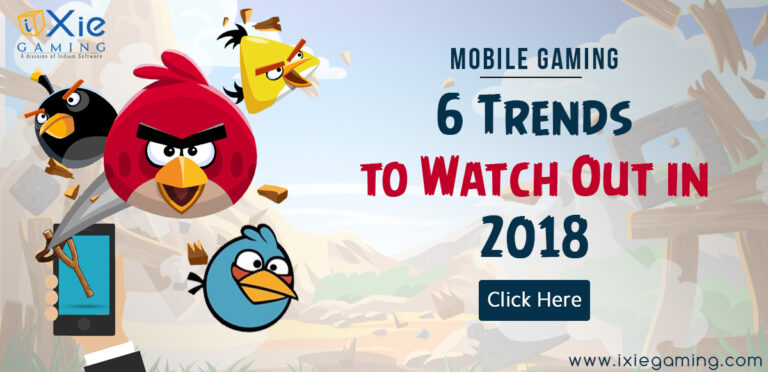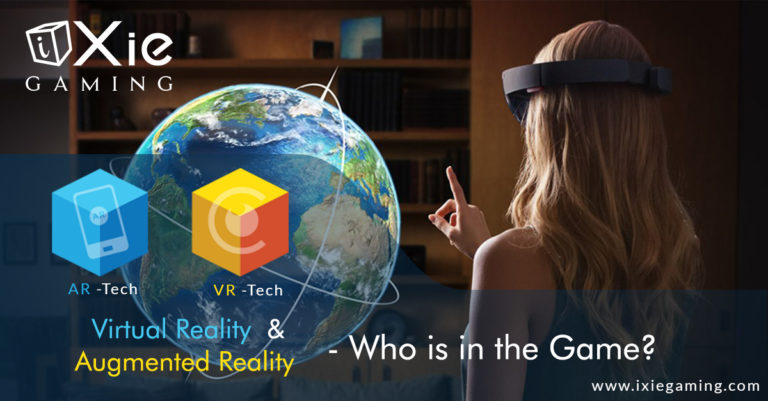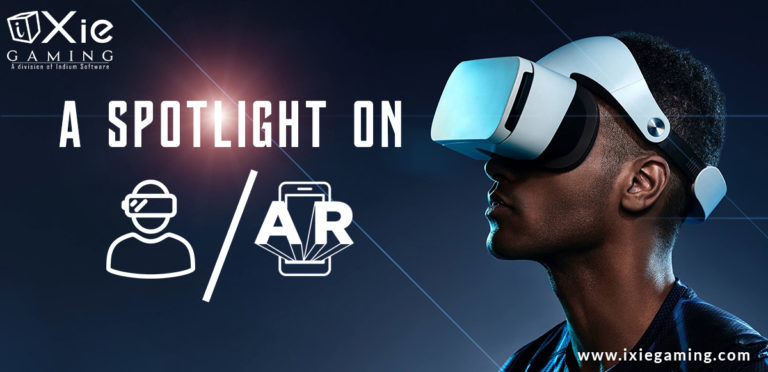The world of video games is constantly evolving, with new technologies and game modes being added frequently. One of the newest trends in the gaming industry is the development of games that utilize non-fungible tokens (NFTs).
Since NFT games are still a relatively novel concept, there is still considerable uncertainty surrounding them. This article will discuss the scope and difficulties of creating NFT games so that you can gain a better understanding of this new genre.
What is NFT Game Development?
NFT game development is the process of creating a game that uses non-fungible tokens (NFTs) as the primary means of play. NFTs are a type of digital currency that can represent both digital and physical assets. They are unique, meaning they cannot be duplicated or exchanged with anything else.
Most NFT games use blockchain technology to track and verify who owns NFTs. This can make the game feel more secure and unreliable. In most F2P games, players can trade, sell, or auction their in-game items for real money.
The development of non-fantasy tabletop (NFT) games is relatively new, so there are few well-established conventions. This means there is ample room for innovation and creativity.
Examples of NFT games are:
- Decentraland: This is an NFT game that allows players to explore, construct, and trade virtual land on a decentralized platform.
- CryptoKitties: In this NFT game, players can collect, breed, and trade virtual cats.
- The Sandbox: This is an NFT game in which players can create, own, and trade virtual assets in a decentralized gaming environment.
You might be interested to read on NFTs and its precarious position in the games industry
Features of NFT Games
1. Novelty
Using a unique identifier, each NFT can be distinguished from the others. Scarcity is one of these distinguishing characteristics. It will be the primary factor influencing a place’s future growth and attractiveness.
2. Transparency
With the rise of non-fungible tokens and their increasing popularity, it is crucial to tokenize digital gaming assets to ensure their transparency. This means that users could monitor the transactions that are recorded on the blockchain, a type of digital ledger. However, this will ultimately result in safety and stability.
3. Verified Transactions
In the gaming industry, NFTs ensure players and developers can access verifiable real-time transactions.
4. Rarity
Each NFT has a unique code that can be used to distinguish between them. Their rarity is a distinguishing characteristic. It will be the primary reason for its popularity and potential growth.
5. Smart Contracts
The smart contract ensures the system’s decentralization, which eliminates the need for intermediaries and prevents cyberattacks and hacking. This demonstrates that the performance is secure and safe.
6. Liquidity
Since it can be traded rapidly, liquidity will be increased. It will refer to how simple it is to convert the digital asset into fiat currency at the market price.
7. Blockchain-enabled
NFT Games utilize blockchain technology to buy, sell, and trade in-game items.
8. Vast Portfolio
NFT Games provide a vast selection of tradable characters, weapons, items, and game experiences.
9. Rewards
Most NFT games offer players the opportunity to earn rewards, such as in-game items, digital currency, and even real-world prizes.
10. Independence
Most NFT Games are created by small game studios or independent developers, giving them the freedom to create exclusive titles.
Benefits of NFT Game Development
NFT Game Development is beneficial to both game developers and players. Some of the benefits are considered below:
For Developers
1. Expanding the size of existing game solutions
Adding NFT game development solutions to already available can contribute to its expansion. It will not only create new business opportunities but also attract more users to the platform. Lastly, a game’s rating is determined by the number of registered users actively playing it. NFT game development can make existing products more engaging to their users, thereby increasing their profitability.
2. NFT assets are valuable and in high demand
Since NFT games cannot be returned, more individuals are searching for them. So, NFT gaming development lets developers sell unique game items and make more money.
For Gamers
1. Possession of in-game assets
A player has complete control over all of the items he has earned or purchased in NFT gaming, and he can also opt to receive cryptocurrency instead. Physical possession makes a blockchain-based game more entertaining to play and can be a reliable source of revenue.
2. Highly secure environment
A gaming solution based on NFTs provides a secure and trustworthy environment. A gamer can rest assured that his digital assets are secure because blockchain technology adds an impenetrable layer of cutting-edge technology to his wallet to safeguard it.

Problems Facing NFT Game Development
1. Intuitive user interface
In blockchain gaming, both B2C and B2B transactions exist. However, most games only emphasize an effective user interface for business-to-consumer transactions. For the best possible B2C user experience, the gaming interface must support instant trades and a wallet. And for B2B, the game must have APIs that web2 companies can use.
2. Safety
Throughout the first half of 2022, cybercriminals stole $1.4 billion from DeFi. Because of this, blockchain gamers are also acutely aware of the games’ security. Developing blockchain on already secure platforms, such as zk-rollups, prevents the game from being hacked via a bridge.
3. Scalable economy design
When blockchain technology and video games are combined, an extremely popular “play-to-earn” economy is created. Gamers play games to access exclusive features and create exclusive NFTs, which they can sell on NFT marketplaces. This enables gamers to convert their time spent playing games into real cash.
Play-to-earn games have become a source of income for gamers in numerous nations. As games like Axie Infinity grew in popularity, the initial price of the game also increased. Guilds such as GuildFi and Yield Guild Games (YGG) have begun assisting gamers who cannot afford the initial costs of these games. Because the program allows gamers to borrow other players’ characters to play a game or improve their skills, it has gained immense popularity. The crypto-gaming industry requires more projects of this type.
Conclusion
NFT game development is a rapidly growing field with immense potential. However, it faces several challenges, such as scalability, interoperability, and security. With the right solutions, these challenges can be overcome, and NFT game development can reach its full potential.
Inquire Now to experience an end-to-end gaming service from the Gaming Giant!






